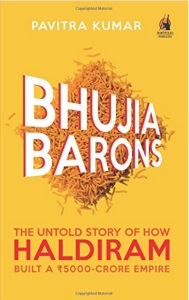Russian Woodpecker is a very original and courageous documentary. Cold War led to many technological breakthroughs, some creative and some destructive. In the erstwhile USSR, the Chernobyl disaster stands out as a sore thumb, igniting memories of shame and failure. Fedor Alexandrovich, a survivor of the aforementioned event, sets out investigating a relic of the old times – the Duga Radar, which was built as a warning system, given the paranoid state in which the two superpowers were.
Fedor’s line of investigation is however focused on connecting the lose tracks between Chernobyl and Duga Radar. Was the Chernobyl leakage effected by linked to the Duga Radar? Was the radar a failure? Was someone powerful enough connected with the radar and the catastrophic leak?
Fedor, with his childlike antics, but persistent dirt-digging, reaches a conclusion dreary enough to give chills. His playfulness in the rubble of still radioactive rubble is not stupid, but norm-defying.
A must watch.
See it on Vimeo.











